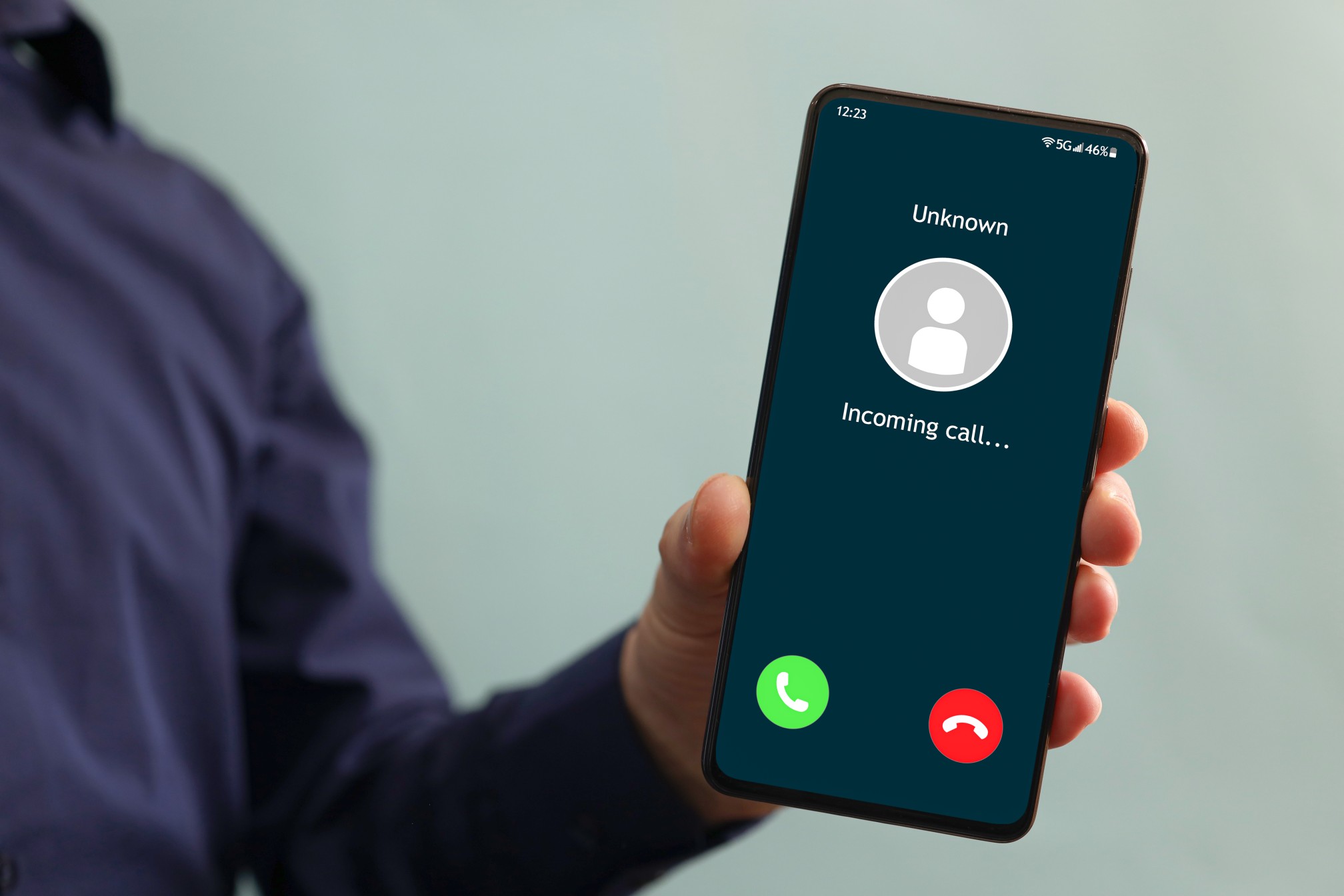Watch out for these slick new telephone scams; they could cost you

You receive a call that you are told is from your electric company. It warns you that your utility service is about to be disconnected.
Your service—the message says—will be cut off in the next half hour because you have failed to pay your bill. It offers you the chance to press 1 for automatic payments or 2 to speak to an account specialist.
Read More »Latest scam
The message is just the latest scam aimed at vulnerable American families who are falling behind in their utility payments because of rising costs, warns YouMail, a provider of call protection services.
The company estimates that tens of millions of these calls are being sent a month. Damages run at an average $650 for each successful scam.
Utility imposters making such random telephone calls have a substantial chance of reaching people who are behind on their payments, says Alex Quilici, CEO of YouMail, which is based in Irvine, Calif.
The answer, he says, is to let these calls roll to voice mail. After listening to the message on voice mail, you should call your utility directly at the telephone number on your utility bill or that is posted on the utility’s web site.
In that way, you can check whether the call is genuine.
He adds that robocall blocking apps such as YouMail will automatically filter out many of these calls.
Growing scams
Other scams are picking up once again as the busy holiday shopping season approaches.
Among them are scams related to health insurance, medical and pharmacy issues, and home improvement.
Here is a closer look at two major scams that are growing in intensity:
Shipping scam
A scam related to shipping and delivery notifications is sweeping across the country, reports RoboKiller, a spam call and text blocker. These scams are usually delivered in texts to your telephone, known as robotexts.
The messages look as though they are coming from well known shipping firms. They might contain tracking links or ask you to update your delivery preferences.
Do not respond to the message if it appears at all suspicious. If you are uncertain, check on the status of your delivery on the website of the shipping provider, RoboKiller suggests.
Pharmacy product scam
Another scam that is spreading across the country involves pharmacy products and free durable medical equipment.
Although these scams have been around for some time, an increase in the use of telemedicine during the pandemic has caused this form of fraud to increase sharply, explains Jennifer Stewart, senior director of fraud investigation and prevention at Blue Cross Blue Shield of Massachusetts.
These scams are directed particularly at beneficiaries of Medicare and patients who have had recent surgery or treatment for an injury.
In many cases the scammers solicit doctors to sign off on unnecessary prescriptions, such as pain cream or back braces. These items are incorrectly billed to a patient’s health insurance company.
Can be dangerous
Medical equipment and products that are improperly prescribed can be dangerous, Stewart says. Some might not even be authorized by the Food and Drug Administration.
You should treat your medical information in a similar way to your credit card, Stewart advises. If you are unsure, call your clinician to confirm if a product or service is necessary.
Check statements
She also recommends checking your medical statements carefully to ensure accuracy. You should report any discrepancies. You should also report any suspicious activity to Medicare, your health plan, and law enforcement, Stewart adds.
With any healthcare scam, everyone pays a price, whether you realize it or not says Martin Flood, senior investigator for fraud investigation and prevention at Blue Cross.
In addition to the monetary consequences, scams such as these can jeopardize a patient’s health, causing long-term consequences.
Everyone should be more vigilant, he adds.
How to avoid scams
Here are tips from RoboKiller to avoid falling for telephone scams:
• Do not answer texts or telephone calls from numbers that you do not know, particularly those that text or call at odd hours.
• Do not click any links or follow prompts such as “press 1.”
• Never provide sensitive or personal information, such as banking details.
• Consider using a spam text and call blocker to equip your telephone with the latest technology to avoid scams.





